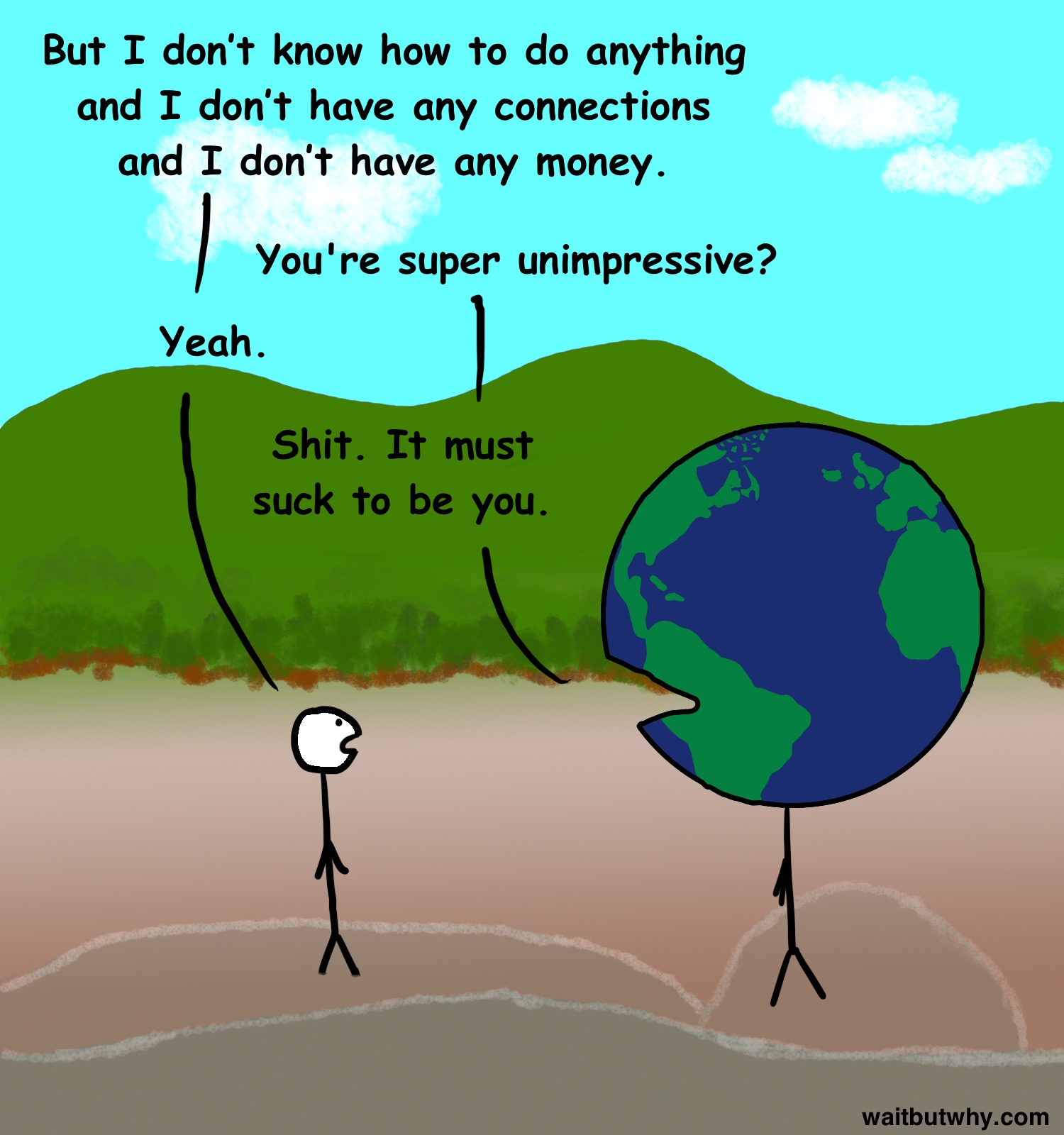
I’ve written about the critical distinction between “reasoning from first principles” and “reasoning by analogy”—or what I called being a “chef” vs. being a “cook.”
The idea is that reasoning from first principles is reasoning like a scientist. You take core facts and observations and use them to puzzle together a conclusion, kind of like a chef playing around with raw ingredients to try to make them into something good. By doing this puzzling, a chef eventually writes a new recipe. The other kind of reasoning—reasoning by analogy—happens when you look at the way things are already done and you essentially copy it, with maybe a little personal tweak here and there—kind of like a cook following an already written recipe.
For any particular part of your life that involves reasoning and decision making, wherever you happen to be on the spectrum, your reasoning process can usually be boiled down to fundamentally chef-like or fundamentally cook-like.
Creating vs. copying.
Originality vs. conformity.Being a chef takes a tremendous amount of time and energy—which makes sense, because you’re not trying to reinvent the wheel, you’re trying to invent it for the first time. Puzzling your way to a conclusion feels like navigating a mysterious forest while blindfolded and always involves a whole lot of failure, in the form of trial and error.
Being a cook is far easier and more straightforward and less icky. In most situations, being a chef is a terrible waste of time, and comes with a high opportunity cost, since time on Earth is immensely scarce.
Throughout my life, I’ve looked around at people who seem kind of like me and I’ve bought a bunch of clothes that look like what they wear. And this makes sense—because clothes aren’t important to me, and they’re not how I choose to express my individuality. So in my case, fashion is a perfect part of life to use a reasoning shortcut and be a cook.But, when you subtract childhood (~175,000 hours) and the portion of your adult life you’ll spend sleeping, eating, exercising, and otherwise taking care of the human pet you live in, along with errands and general life upkeep (~325,000 hours), you’re left with 250,000 “meaningful adult hours.” So a typical career will take up somewhere between 20% and 60% of your meaningful adult time—not something to be a cook about.
It’s a regular length Tim Urban article
(This means it’s looong … booklet sized)
And it’s practical.
And humourous.
And absolutely smashing.
And packed with wisdom.
Go, read.